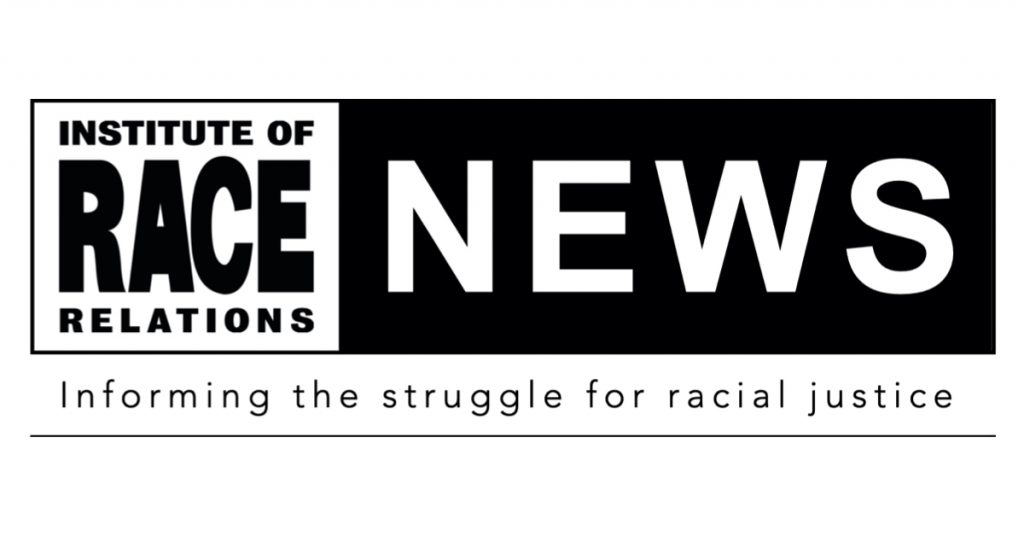29 October – 12 November 2024
In a speech to INTERPOL last week, as we report in our regular calendar of racism and resistance, the prime minister announced that he is doubling the funding of the Border Security Command (BSC) to £150m and giving it counter-terrorism powers to deal with what he described as the national security threat of cross-Channel people smugglers.
This linking of Channel crossings with national security risks the further mainstreaming of hard-right messages of hate. In any event, border crackdowns in the UK and Europe, as Starmer knows or ought to know, simply make journeys more costly and more lethal as smugglers increase prices in line with the increased risks, cram in more passengers and use more perilous routes. We know the BSC, like all its precursors, won’t stop smuggling, which is a response to demand. As the Ukraine and Hong Kong schemes demonstrated, the only response to smuggling which saves lives is legal routes, which are unavailable to most. The only beneficiaries of border crackdowns are the companies selling security equipment.
When politicians treat migration as a threat, anti-migrant racism is legitimised. Linking the threat to national security legitimises anti-Muslim racism. August’s orchestrated far-right racist violence against mosques and asylum hotels was the product of a ramped-up narrative of fear and threat, the previous government’s posturing response to a ‘crisis’ of its own making: the logjam it created by its freeze on the processing of ‘small boat’ asylum claims. Starmer’s government has undone the freeze and is slowly dealing with the logjam, but its approach to small-boat migrants now risks stoking the racism behind the riots. In choosing the language and tools of national security, Starmer feeds the pernicious narrative that links asylum seekers with crime and terrorism, and in treating migrants as a threat, he gives comfort to the far-right promoters of the ‘great replacement theory’.
When mobility cannot be stopped at the border, state-instigated age assessment serves as one form of hostile internal bordering used on young unaccompanied migrants to control access to services, and in some cases to prosecute children for immigration offences. Read Rachel Rosen and S.Khan’s seminal article on ‘Racialising age in the UK’s border regime’ in the latest issue of Race & Class, which explores how age is used as a technology of migration control.

